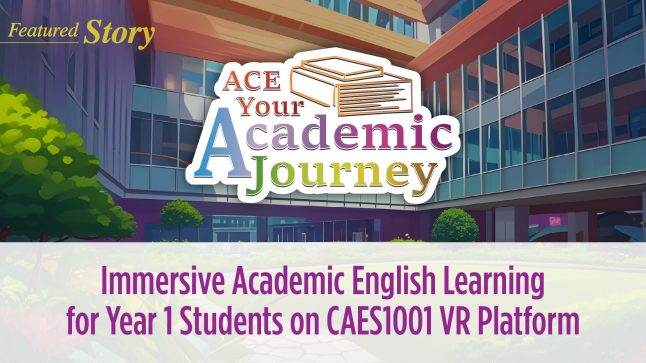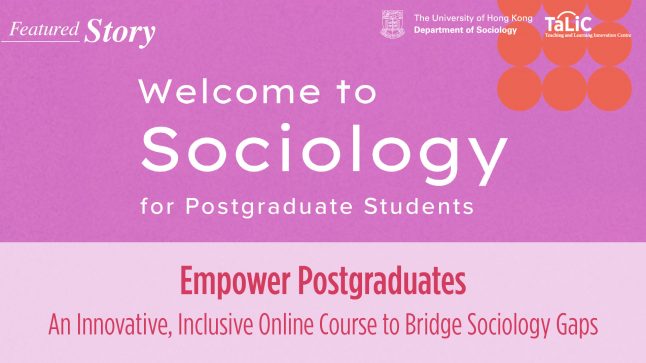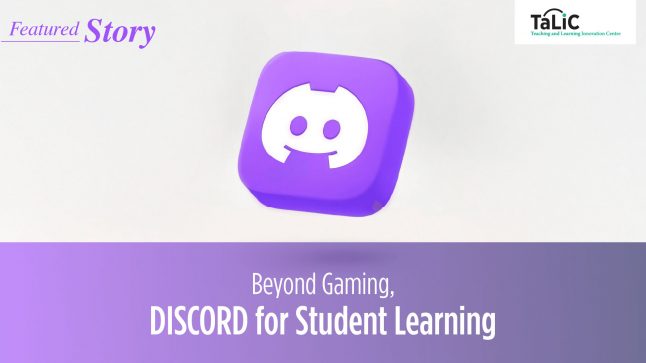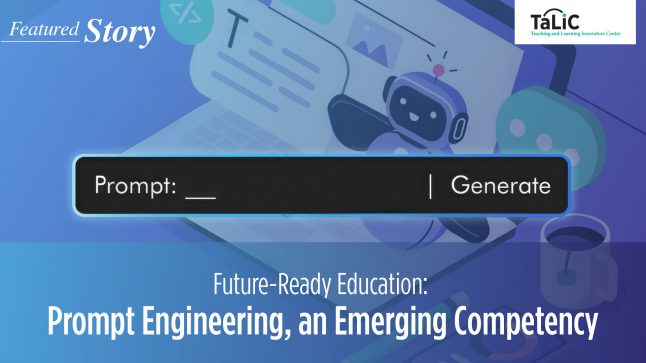
When TELI Meets Music: The First CPR Song in Hong Kong
Heart attack is a scary thing to imagine. The collapse of a heart attack victim right in front of you is even more terrifying – Don’t panic. You might just be one step away from saving his life. If we perform CPR on the collapsed victim within 5 minutes, the survival rate can be increased by as much as 50 percent.
There are nearly 3000 people suffering from Sudden Cardiac Death every year in Hong Kong, yet there is no mandatory first-aid training in local schools. To raise public awareness of CPR, the Emergency Medicine Unit (EMU) of the Li Ka Shing Faculty of Medicine initiated a series of campaigns in hope of increasing bystander response rates in cardiac emergencies.
One initiative to educate the general public is through music. The TELI team together with RubberBand and the EMU produced a music video on CPR, with correct procedures demonstrated. TELI is proud to act as the bridge between medical professionals and entertainers.
Only a Heartbeat Away: AED Locator App
In companion with the CPR song, HKUEMU AED (Apple store,Google Play store), an AED locator app, has been developed by TELI in collaboration with EMU.

AED stands for automated external defibrillator, a device that can dramatically increase a victim’s chance of survival by applying shock to his heart. However, inaccessibility is always an issue, especially during emergency. With this app and a GPS locator, you can locate the nearest AED in the area. This app also offers instructions on how to perform CPR on heart attack victims. You can also contribute to the map by adding unidentified AED locations!
(From left to right)
- Information provided by the app
- Map showing the locations of AED nearby
- In case of emergency, you can call 999 through the app
- You can submit information of new AED locations
“It’s never too late to learn CPR. I cannot see a reason of not acquiring this skill if it can save a person’s life,” said 泥鯭, the drummer of RubberBand. You can be a rescuer at any point of your life. Stay upbeat. Stay alive.
Further reading











